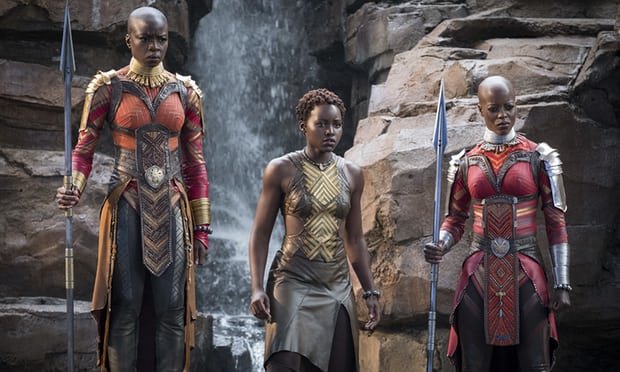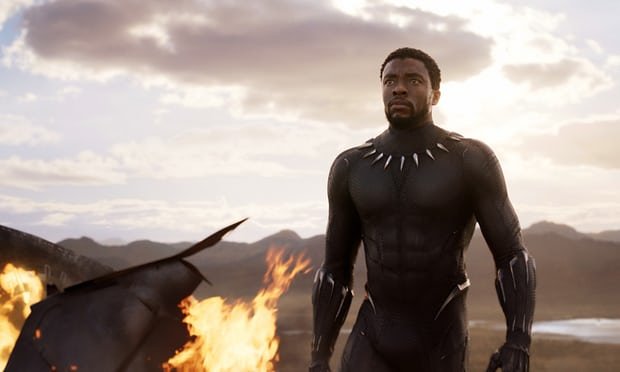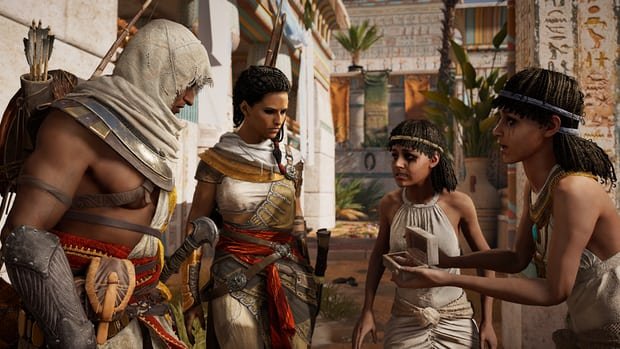
Like Hollywood, the games industry is facing a moment of self-reflection. For too long it has told the same stories, centring on the same white, male heroes. Game creators are finally examining the lack of diversity in their stories, but so far, representation of black people has been timid and predictable. With the number of women in the UK industry at just 14% and BAME representation at 4%, the narrative gatekeepers in games are primarily white men. If they are to find a broader range of stories, they need to rethink their representations of black people
Afrofuturism explores the idea of a black future, offering a rich source of inspiration for games. Black Panther, the story of an African superhero and the king of the fictional Wakanda, the most technologically advanced nation on the planet, is bringing Afrofuturism to the masses. In a cultural landmark moment, it is the first solo film for a black Marvel superhero. It is currently breaking box-office records, proving the demand for diverse stories

Black Panther, AKA T’Challa, is one of Marvel’s few black comic book characters and a key Afrofuturist figure, making the film a significant moment. It’s also worth noting that the cast and crew are primarily black and the movie’s tone reflects this. Rather than uprooting Black Panther to the streets of New York, which a white creative team may have done, the film takes place in Africa and a black kingdom, Wakanda, untouched by colonialism. Stepping beyond the roles normally reserved for black characters, the world of Wakanda delivers images of black people as scientists, innovators and statespeople and black women as strong, powerful and central.
Occasionally, games do imagine a hi-tech future with black people and women as central figures, in stories that don’t focus on their oppression. Both Fullbright’s Tacoma and Dontnod’s Remember Me managed this, but they are notable exceptions. Coding aliens as black is a trap that games often fall into, a recent example being the Angara in Mass Effect Andromeda. Jaal, the main character amongst the Angara, is played by a black voice actor; we later discover that they are being enslaved by another race.
If the only future for black characters in games is being thinly disguised as the exotic other, or reduced to the role of space slaves, it’s really time to move on. Black Panther shows games a way to change the narrative.

Afrofuturism reverses the erasure of black people from the present and the future. It is about optimism, a challenge to look beyond black suffering and imagine a better tomorrow. The games industry must aim to become diverse enough for black storytellers to get involved, but it’s not at that point yet. Until then, the hope is that #BlackPantherSoLit fever has enough of an impact on the games industry to bring us games featuring Afronauts on cosmic adventures.
Hi! I am a robot. I just upvoted you! I found similar content that readers might be interested in:
https://www.theguardian.com/games/2018/feb/26/black-panther-is-a-wake-up-call-for-video-games